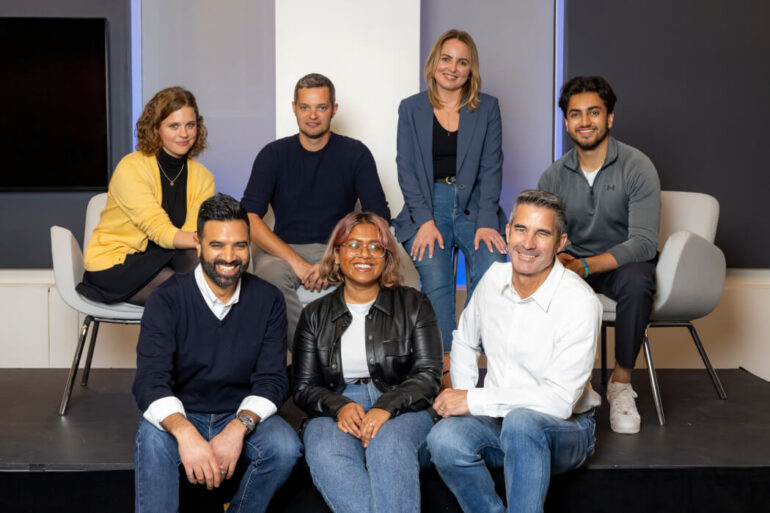With FinTech funding mired in a global slump, Luge Capital believes it has the record and strategic partners to capitalize in a market coming down from its “sugar rush.”
The Montréal and Toronto-based FinTech-focused VC firm announced today a $71-million first close of its target $100-million fund. Limited partners (LPs) in the new fund, Luge Capital Fund II, include Caisse de dépôt et placement du Québec (CDPQ), Desjardins, BDC Capital, Sun Life, Industrial Alliance Financial Group (iA), and Fonds de solidarité FTQ—all LPs in Fund I—along with new investor Inovia through its Discovery Fund.
“The market was on a sugar rush in 2021, and now that the industry has reverted back to normal, we believe it’s the perfect time to invest in FinTech.”
Luge general partner David Nault told BetaKit that the firm has visibility into a second close, with additional investors already committed and working through diligence, and a chance the fund may end up oversubscribed. Nault added that those new LPs will continue to reflect the fund’s blend of strategic and returns-based investors across financial institutions, insurance carriers, and pension funds.
That Luge has been able to secure new funding with relative ease is a bright spot for a sector that has seen venture funding nosedive globally since mid-2022 from the highs of 2021. An S&P Global report puts funding into global FinTech companies down by almost 50 percent in the first half of 2023; that dip is mirrored by KPMG’s Canada data, which also notes that this year has been one of the weakest for valuations since the first half of 2020.
According to Luge’s Karim Gillani, that FinTech valuation dip might be a good thing—or at least a good thing for Luge.
“The truth is the market was on a sugar rush in 2021, and now that the industry has reverted back to normal, we believe it’s the perfect time to invest in FinTech,” he said.
The general partner went further, noting that Luge took a “very disciplined” approach to deploying capital in Fund I, avoiding the “crazy high valuations” of 2021. “So all of the marks that we have on our books—in other words, the companies that have raised follow-on capital at higher prices—we believe are highly justifiable, and we have meaningful distributions back to our LPs.”
Those meaningful distributions came through National Bank’s majority stake investment in financial data aggregator Flinks, and the firm’s secondary payout during Tiptap’s growth financing (before the company faced restructuring earlier this year when funding dried up).
Nault was blunt regarding the impact of Luge’s pandemic prudence on the firm’s new fundraising: “We were able to raise the second fund because we were able to return meaningful capital back to investors.” But he also noted that the quick commitment from existing investors was due to a collaborative relationship that sees Luge and its VCs share market trends in addition to co-investment and partnership deal flow. According to the firm, it has seen eight different partnerships between LPs and portfolio companies from Fund I alone.
RELATED: Luge Capital’s David Nault on making investment decisions through the AI hype cycle
“As a financial cooperative, it is important for Desjardins to continue to support the development of early-stage FinTech companies and be an active player in the technology sector to better serve our members and clients,” said Martin Brunelle, SVP Growth, Acquisition and Development at Desjardins.
With the new fund comes a bigger vision. The firm is targeting the same portfolio size for Fund II as Fund I (roughly 20 companies), which means bigger cheques and more room for follow-on. As a result, Luge has upped its max cheque size from $2 million to $5 million, with $500,000 cheques on the low end. With Fund I’s remaining reserves saved to support the existing portfolio, Luge is looking to invest meaningful amounts of capital upfront into new companies with Fund II.
“We’d like to take a little more ownership with our initial investments,” Gillani said.
Luge is also looking to expand its team from both an operational and investing standpoint. Nault noted a particular desire to have a capital deployer in the field in Western Canada.
“We have a strong team, with great diverse backgrounds, and we’ve got great partnerships with our strategics,” he said. “We’re super excited that today’s the right time to be investing in this category.”


